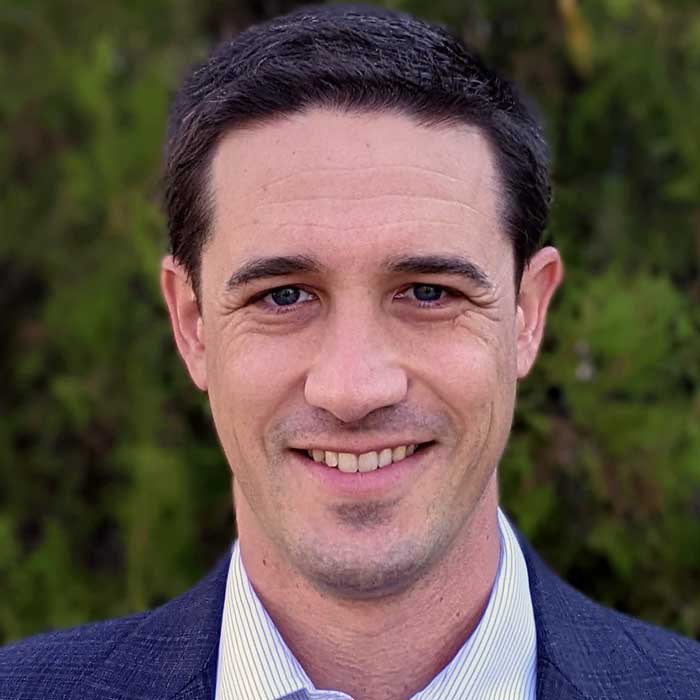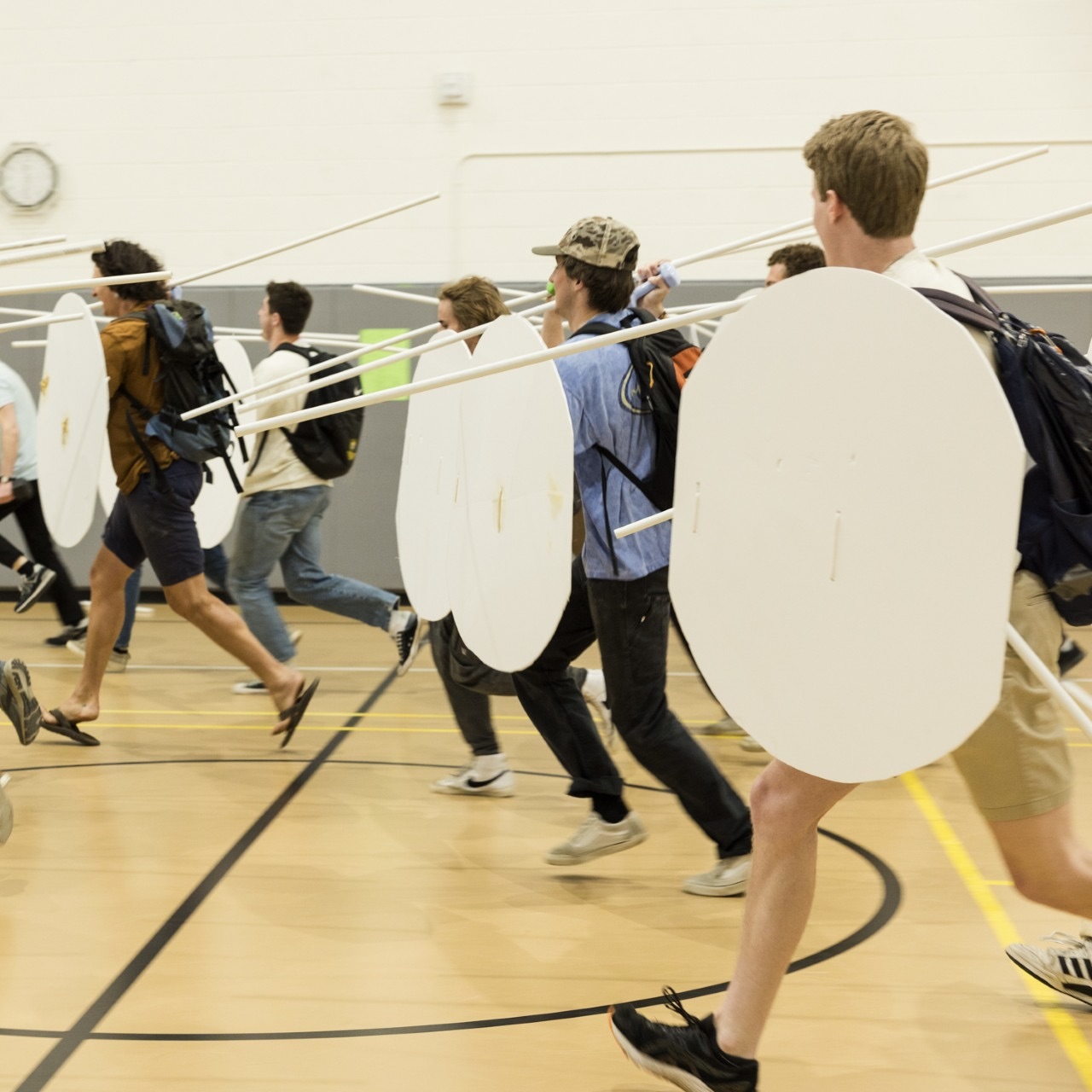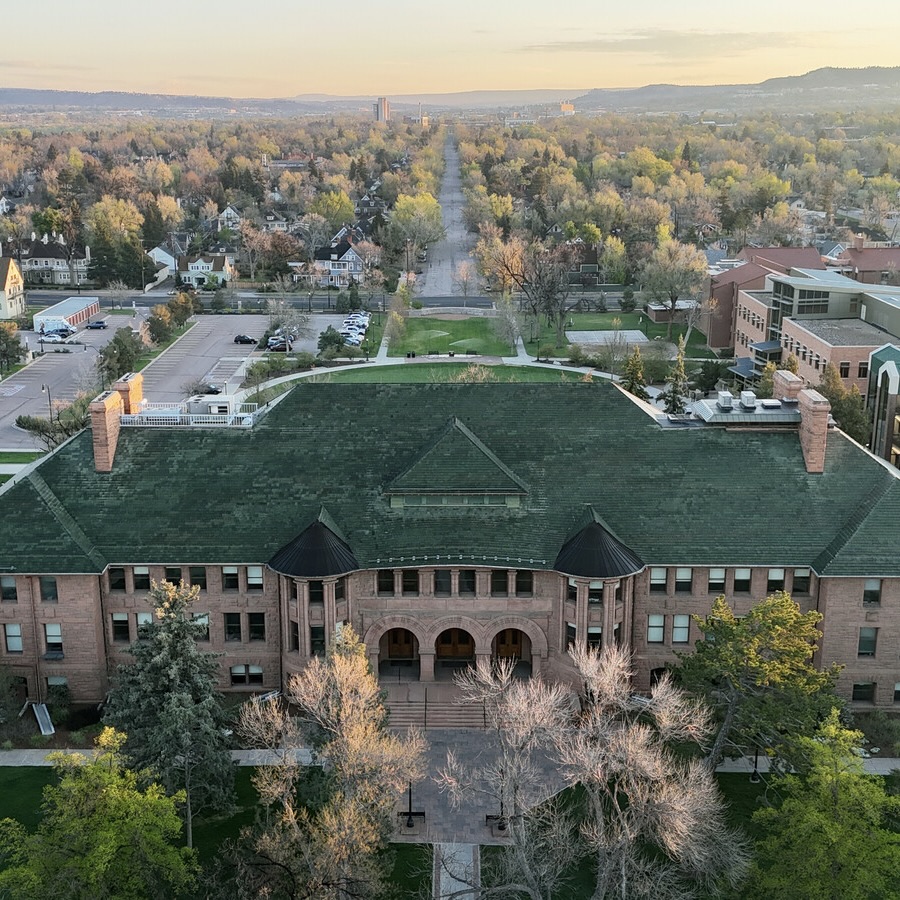Adam Light, assistant professor of physics, has recently been awarded a $249,434 grant from the National Science Foundation in its Launching Early-Career Academic Pathways — Mathematical and Physical Sciences program.
The LEAPS-MPS program seeks to help launch the careers of pre-tenured faculty at institutions that traditionally do not receive National Science Foundation funding, such as minority-serving institutions, R2 universities, and predominantly undergraduate institutions, which is CC’s category. One of the LEAPS-MPS program’s goal is working towards achieving excellence through diversity.
The grant will support Light’s study of the production of solvated electrons by atmospheric pressure plasma as a potential solution to a major environmental issue, the contamination of groundwater by poly-fluoroalkyl substances (PFAS). Poly-fluoroalkyl substances, sometimes called “forever chemicals,” are difficult to break down and can cause adverse health outcomes, according to the research’s abstract.
The award will support six Colorado College students in summer research, as well as support the purchase of new scientific equipment for the college. Additionally, the grant will help to support a pilot “research incubator” Half-Block course, which will be designed for first and second-year students from the Bridge Scholars Program. This course will help to reduce the entry barrier into undergraduate research positions.
“PFAS groundwater contamination is an increasingly urgent problem, as many will know from the work of the Fountain Valley Water Project. While my colleagues there focus on detection and impact studies, we are studying remediation tools. Lone electrons dissolved in water are very effective at weakening the carbon-fluorine bonds that make these compounds so difficult to destroy, and we know low-power plasma devices can produce these ‘solvated’ electrons,” says Light. “Funding from the LEAPS-MPS program allows us to undertake a dedicated study of how electrons from low-temperature plasma can be injected into a liquid surface. We hope to use what we learn to optimize the process for breakdown of PFAS in water.”
Light and Beth Malmskog, associate professor of mathematics and computer science, shared tips with their CC colleagues for how to prepare successful proposals to this program during a small group grant gathering in August. During the meeting, Light emphasized that writing the grant helped him to hone in on and focus his research questions, which was valuable regardless of whether the grant was funded. “There are so many directions you can explore that sometimes it’s hard to prioritize,” says Light.






